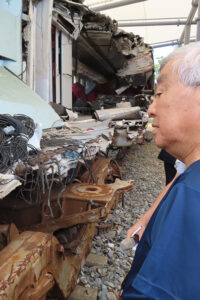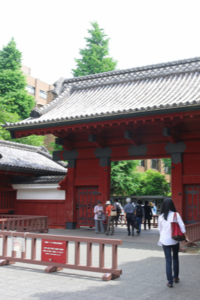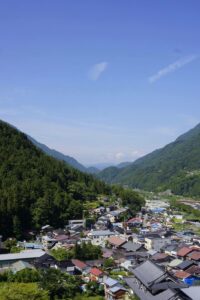
Key points The “voice” function of labor unions in negotiations is important The cost of organization is increasing with the shift to a service economy Increasing the organization of non-regular workers to approach that of regular employees Umezaki Osamu, Professor, Hosei University Among the economic entities in Japan today, labor unions are markedly hard to understand. Historically, labor unions boasted a high unionization ratio and had clear goals, such as raising wages in the spring labor offensive (shunto) and eliminating status differences for workers and employees. Moreover, Japanese society accepted that they had the power to do so. There are few labor issues nowadays, so the presence of labor unions seems to be diminishing. However, with stagnant wage increases and the emergence of new labor problems, labor unions are arguably as important as ever. The environment surrounding labor unions is harsh. ... ... [Read more]








